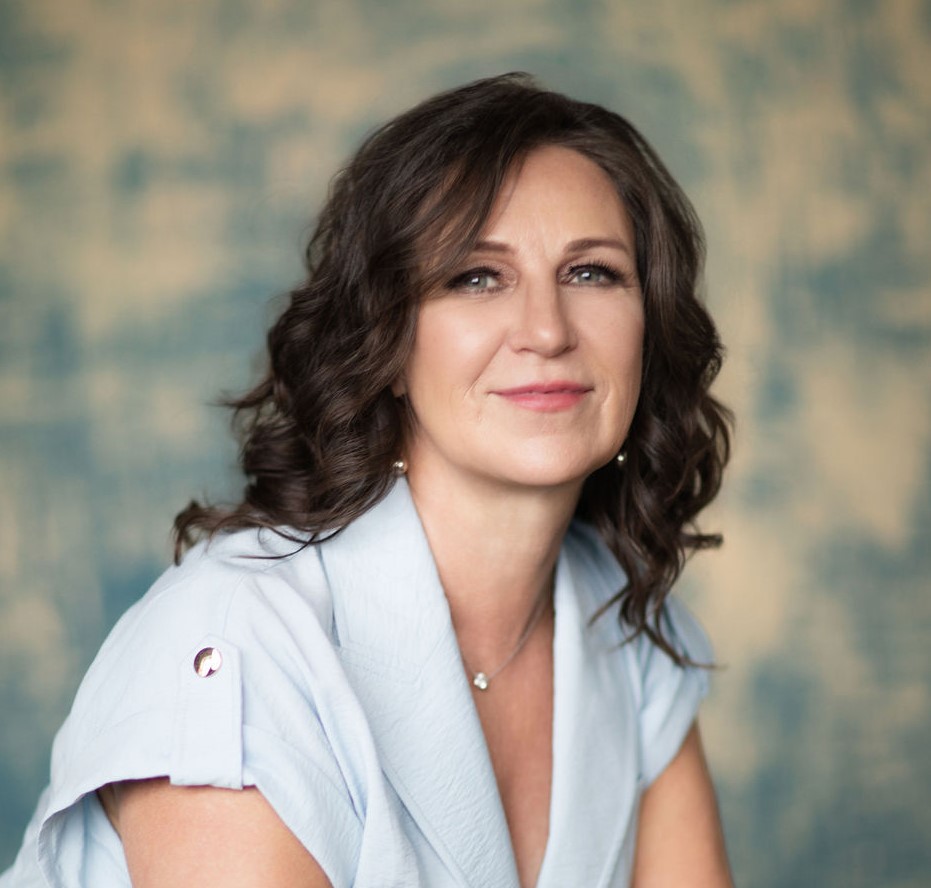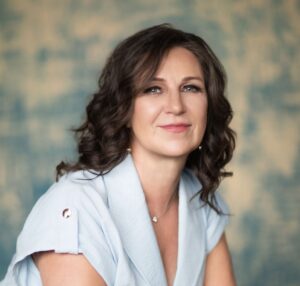Because advice is easy to find. Good advice? That’s another story. Let’s talk about something no one tells you when divorce is on the table: You’re going to get advice. A lot of it. From strangers, from friends, from someone who’s never been divorced but heard something once on a podcast. And it’s tempting—because you’re in unfamiliar territory. You …
Because advice is easy to find. Good advice? That’s another story.
Let’s talk about something no one tells you when divorce is on the table:
You’re going to get advice.
A lot of it.
From strangers, from friends, from someone who’s never been divorced but heard something once on a podcast.
And it’s tempting—because you’re in unfamiliar territory.
You want to feel less alone. You want answers.
You want someone to say: “This is what I did—and it worked.”
But here’s the problem:
Not everyone offering advice is someone you should be listening to.

“I know this. I know that.” But… do you?
I recently met with someone who was just starting the divorce process. Within five minutes, I’d heard her say “I know” a dozen times.
But what she “knew” wasn’t just wrong—it was risky.
She’d been getting advice from online groups.
People were telling her to fight for the majority of the marital estate (she’d honed in on 80%, I’m not sure why). They told her that she deserved more than half. That she should dig in.
But here’s what those people didn’t know:
- She earned more than her spouse.
- There was no fault-based reason for unequal division.
- The total marital estate was under $200,000.
- She had no financial need to justify more.
What she was being told to do would likely cost her more than she could gain. But the internet didn’t know that—and didn’t care.
If she had followed that advice, she could have locked herself into years of litigation and tens of thousands in legal fees… all to maybe gain an extra ten or twenty percent of the estate.
Is that worth it?
To me, it’s not just a bad strategy—it’s a painful distraction from what really matters.

When I Realized I Didn’t Belong in the Divorce Room Anymore
There was a time I was deeply vulnerable. Newly inducted to the divorce process, lonely, and unsure of who I was outside that relationship. A kind woman invited me to a party—“There will be lots of women just like you,” she said. “They’ll understand.”
And she was right.
They did understand.
But not in the way I needed.
When I walked into that house, I felt twelve years old. Desperate to fit in. Terrified to be rejected again.
They welcomed me with questions like:
- “Who’s your attorney?”
- “What’s your dickhead husband doing now?”
- “How much are you gonna get in the divorce?”
No one was asking what I was becoming.
No one was talking about healing. Or peace. Or moving forward.
It was clear:
These women were still in their marriages—even years after the papers were signed.
They gathered to re-live the same wounds, over and over.
And in that moment, I knew:
I didn’t want that to be my future.
So I made a choice.
I didn’t reject support.
I just decided to curate it.

The People Around You Shape What You Believe Is Possible
There’s a saying:
“You are the average of the five people you spend the most time with.”
That includes virtual spaces.
If you hang out (online or in real life) with people who are stuck in anger, blame, and bitterness, don’t be surprised when you start seeing your situation the same way.
At first, it may feel like validation.
But be honest with yourself:
Are you being supported? Or just emotionally reinforced in your worst moments?
Go where you aspire to be.
Choose support that helps you move—not stay stuck.

Some Advice Can Cost You More Than It Helps
Here’s what I often see in Facebook groups:
- “Take half the money from the joint account before they do.”
- “Change all the passwords and don’t tell them.”
- “Hide extra cash from the grocery store budget.”
- “Serve them at work—it’ll wake them up.”
These suggestions aren’t just risky—they could lead to serious consequences. And they immediately set a combative tone that can cost you peace, money, and future co-parenting stability.
Even worse?
These comments often come from anonymous profiles.
No credentials. No accountability. No skin in the game.

Who Should You Take Advice From?
Here’s a filter I now live by:
Is it true?
And then:
Is it true for me?
Ask yourself:
- Does this person have credentials or professional experience?
- Have they actually helped others in situations like mine?
- Do I respect their life—not just their opinions?
- Will they enjoy—or even be affected by—the outcome of this advice?
Someone once told me:
“Don’t take advice from someone you wouldn’t trade places with.”
That’s wisdom worth holding onto.

When Good Advice Changed Everything
Not all advice is bad.
One of the best pieces of advice I ever got came from my own attorney.
After a year and over $100,000 in legal fees, I was still fighting for things that were “right” on paper. She gently told me:
“Stop fighting for what’s right. He’s not going to follow the rules anyway.”
It was a gut punch—but she was right.
That one piece of hard-earned wisdom helped me shift toward closure instead of control.
She also advised me not to give up lifetime alimony. I did anyway, because peace was worth more than payments. But I made that decision through my own lens—not someone else’s expectations.

What Changed After That?
I became intentional about who I let in.
If I were to get a tattoo today, it might just say:
“Is it true?”
It’s the filter I run everything through now—especially online.
That shift didn’t just protect me.
It helped me become whole again.
It’s why I now teach, guide, and support others—to help them move forward with intention and integrity.

Final Thought
You don’t need to be perfect.
You don’t need to know everything.
But you do deserve support that lifts you higher—not keeps you circling in pain.
And that starts with asking:
Who am I listening to?
And is that voice helping me become who I want to be?


Brenda Bridges
Mediator, MAT, RICP®, CDFA®, CDC®








